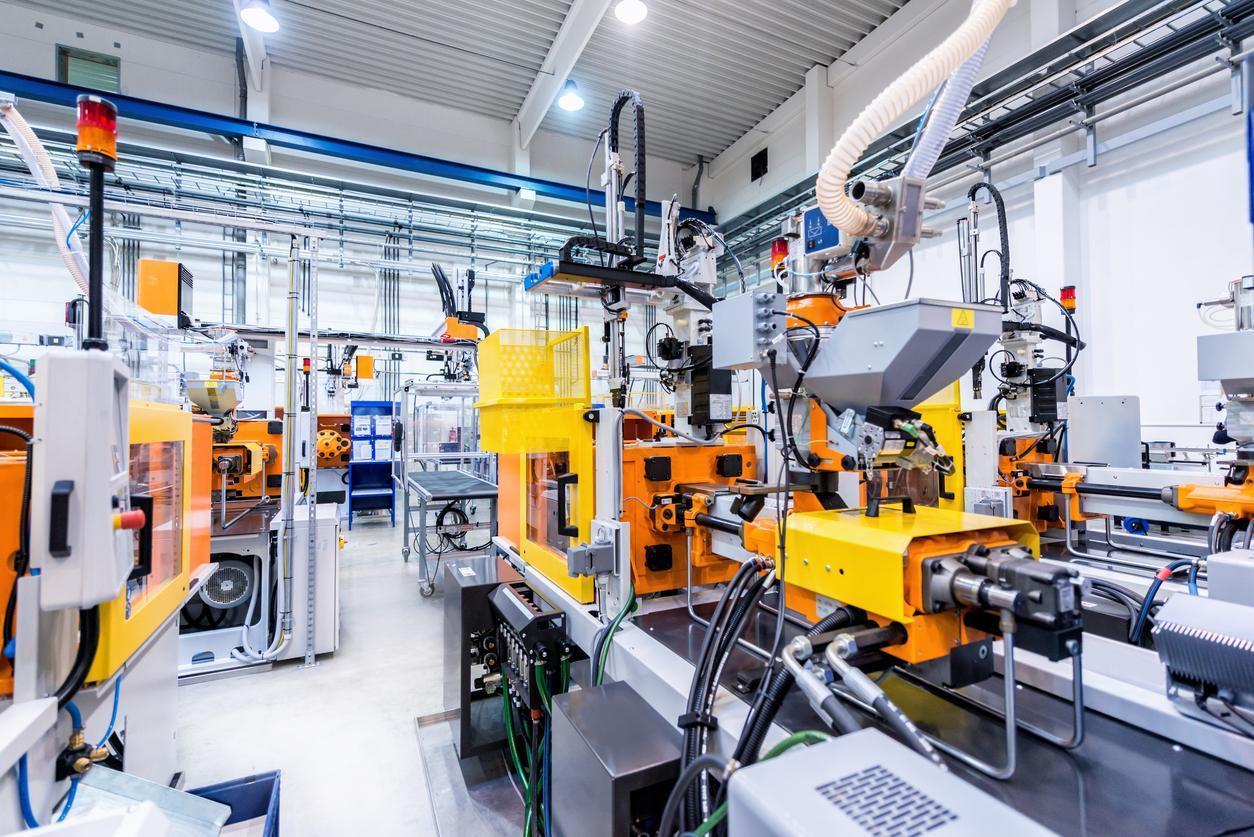In the dynamic landscape of modern industry, the concept of Maintenance, Repair, and Operations (MRO) has evolved far beyond simple upkeep. Historically, MRO was often viewed as a reactive necessity—a series of fixes applied only when machinery broke down. This approach, while seemingly straightforward, frequently led to costly unscheduled downtime, compromised safety, and significant operational inefficiencies. Early research and industrial practices focused primarily on basic preventative schedules, often neglecting the deeper strategic implications of MRO on overall organizational health and long-term asset viability.
The past few decades have witnessed a profound shift in understanding the strategic importance of MRO. Industries began to recognize that a well-managed MRO program is not merely an expense but a critical driver of operational continuity and efficiency. This paradigm shift was fueled by an increasing reliance on complex factory equipment and the growing sophistication of manufacturing materials. Companies realized that a proactive approach, integrating robust industrial supplies and systematic maintenance, was essential for competitive advantage and sustained productivity.
This evolution spurred deeper investigation into best practices, supply chain optimization, and the role of technology. The challenge lay in managing a vast array of industrial tools, diverse engineering materials, and countless production parts efficiently. Businesses sought ways to move from a reactive "break-fix" model to one that anticipates needs, optimizes inventory, and extends asset lifespans. The goal became not just to repair, but to prevent, predict, and ultimately enhance the operational readiness of all assets, from the smallest workshop supplies to the largest machinery.
Key Insights from MRO Literature
- Proactive MRO strategies, including preventative and predictive maintenance, consistently demonstrate a significant reduction in unscheduled downtime and emergency repairs, leading to more stable production schedules.
- Effective MRO programs are characterized by integrated supply chain management, ensuring timely availability of hardware supply and essential components, which minimizes delays and operational bottlenecks.
- Data-driven decision-making, leveraging analytics from equipment performance and maintenance history, is crucial for optimizing asset utilization, extending equipment life, and reducing overall operational costs.
Analyzing the MRO Evolution: Beyond the Basics
The shift towards proactive MRO is not just a theoretical concept; its tangible impact on operational stability is well-documented. By moving away from reactive repairs, organizations can drastically reduce the disruptions that plague production lines. This transition demands a comprehensive understanding of equipment lifecycles, coupled with a reliable flow of maintenance tools and components. The ability to predict potential failures before they occur transforms MRO from a cost center into a strategic asset, safeguarding against unexpected stoppages and ensuring consistent output.
Modern MRO is increasingly intertwined with technological advancements. The advent of IoT sensors, artificial intelligence, and machine learning has revolutionized how maintenance is performed. These technologies enable real-time monitoring of factory equipment performance, allowing for predictive analytics that can pinpoint potential issues long before they manifest as failures. This data-driven approach not only optimizes maintenance schedules but also informs better inventory management for production parts, ensuring that critical items are always on hand without excessive stockholding.
A critical, yet often underestimated, aspect of successful MRO is the robustness of the supply chain. Access to high-quality industrial supplies and engineering materials is paramount. Delays in acquiring a specific hardware supply or a crucial industrial tool can negate the benefits of even the most sophisticated predictive maintenance program. This is where strong partnerships with reliable suppliers become indispensable. Acme Industrial Supply Inc. understands this need, providing a consistent and dependable source for essential items, ensuring operational continuity for its clients.
Beyond technology and supply chains, the human element remains vital. Skilled technicians who are proficient in using advanced maintenance tools and interpreting complex data are the backbone of any effective MRO program. Continuous training and development are essential to keep teams abreast of new technologies and best practices. Empowering these teams with the right workshop supplies and the knowledge to utilize them effectively fosters a culture of excellence and proactive problem-solving, further enhancing operational readiness.
The integration of MRO into an overarching business strategy is a mark of mature industrial operations. It’s no longer seen as a standalone department but as a critical component that influences product quality, delivery timelines, and overall operational efficiency. Decision-makers must view MRO not merely as a cost to be minimized, but as a strategic function that contributes directly to the resilience and competitive edge of the enterprise. This holistic view ensures that resources are allocated effectively, supporting long-term organizational goals.
While the benefits of strategic MRO are clear, implementing these practices can present challenges, particularly regarding initial resource allocation for new systems or training. However, the long-term gains in reduced downtime, extended asset life, and improved safety far outweigh these initial considerations. Partnering with a trusted local supply store like Acme Industrial Supply Inc. simplifies the procurement of vital manufacturing materials and industrial supplies, allowing companies to focus on core MRO strategy without compromising on quality or availability.
Actionable Takeaways for MRO Excellence
- Establish a comprehensive data analytics framework for MRO to monitor equipment health, predict failures, and optimize maintenance schedules for all factory equipment.
- Cultivate strong, reliable relationships with industrial supplies providers, such as Acme Industrial Supply Inc., to ensure a consistent and timely flow of high-quality production parts and industrial tools.
- Invest continuously in the training and development of maintenance personnel, equipping them with the latest skills and knowledge to effectively manage modern engineering materials and advanced systems.




leave a comment